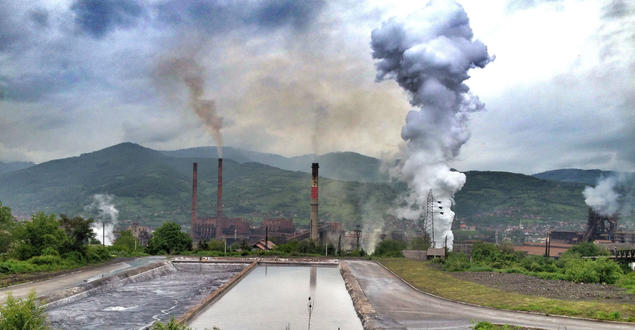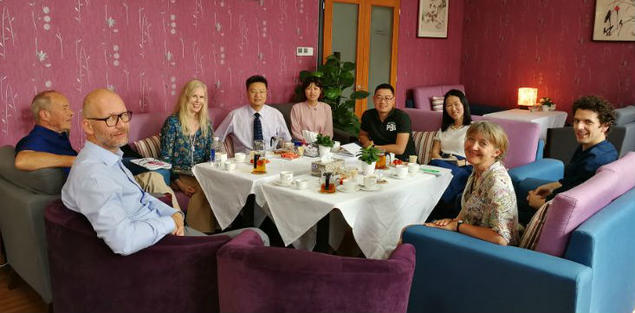China and Norway in partnership to tackle mercury emissions

A new research project at FNI investigates China and Norway’s decade long collaboration on mercury, and asks what role these countries can play internationally to help reduce mercury emissions.
The research project is a joint venture between the Fridtjof Nansen Institute (FNI) and collaborating partners NIVA in Norway as well as Peking University and Tsinghua University in China. In June, FNI researchers Kristin Rosendal, Steinar Andresen and Gørild M. Heggelund met with collaborating partners in Beijing to kick-off and start planning the research project, which is funded by the Norwegian Research Council.

Global problem
The project's primary objective is to examine the implementation and effectiveness of existing public and market-based policy instruments aimed at reducing mercury emissions. Mercury is a highly toxic and dangerous pollutant, and still represents a threat to the environment and human health globally. Mercury is transported over long distances with ocean currents and in the atmosphere. Mercury pollution thus reaches areas far from the sources of emissions, including the highly vulnerable Arctic environment.
The research project will also examine what role Norway can play to reduce mercury emissions internationally. As a net importer of mercury, with strict national rules regulating the release of mercury, it is clearly in the self-interest of Norway to play an active role also internationally. This also squares well with the Norwegian ambition of being a frontrunner in international environmental politics, not least in the chemical cluster.
Norway and China have both pledged to contribute financially to the Minamata Convention; this adds to the economic burden but also raises the stakes to ensure that all parties fulfil their obligations’ says Kristin Rosendal, Research Director at FNI. ‘Moreover, we expect the research project to enhance knowledge and contribute to the debates on environmental pollutants and how to deal with them in legal and political terms, which in turn can contribute to more effective and efficient management of mercury and other pollutants’, continues Rosendal.
Largest exporter
As China is the largest exporter of mercury emissions, it makes sense to target China as a main focal point for Norwegian interests and priorities in this regard.
‘China is also an interesting case in its own right, as it has taken on a very proactive role in this issue by ratifying the Minamata Convention in April 2016’ says Senior Research Fellow and project lead, Gørild Heggelund.
The study applies a multi-level governance approach (based in political science) to the analytical study of politics in a changing world, with globalization, private–public partnerships, emerging economies and altered trade relations as important driving forces but also significant challenges to implementation.
A project website with more information will be available shortly.
